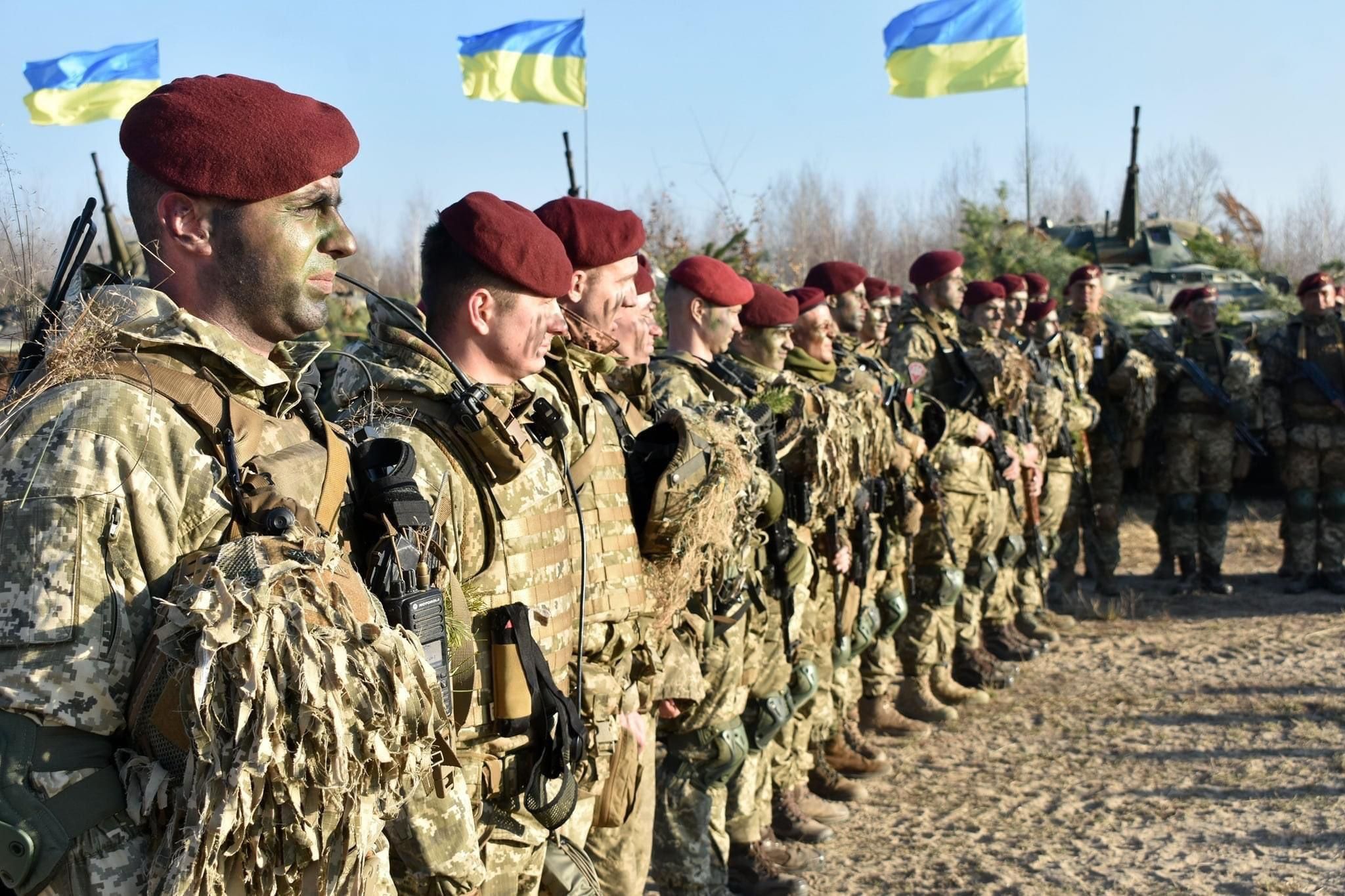Europe
January 24, 2022
Russian and NATO intentions.To prepare to meet a perceived military threat, planners try to understand both the intentions and the capabilities of the other side. Russia says it does not intend to invade Ukraine, but NATO planners can see it has built the capability for an attack by amassing 100,000 troops near the Ukrainian border. In response, the alliance has decided to underline its own capacities. On Monday, NATO announced it had put troops on high alert and ordered the reinforcement of Eastern Europe with additional ships and fighter jets. It has beefed up defense of the Baltic states and is publicly mulling the idea of deploying more troops to southeastern Europe. NATO commanders hope this shift in the alliance’s own capabilities will send Moscow a clear message: Any aggressive military action taken by Russia will come at a steep cost for Moscow. The UK government claims to have exposed a Russian plot to install a pro-Kremlin leader in power in Kyiv in hopes of forcing Russia to abort any such plan. The perceived Russian threat has also reinvigorated debate within Sweden and Finland about possible membership in NATO for those countries. In sum, both sides have boosted their capabilities, and bystanders are considering doing the same. It’s Russian and NATO intentions that Ukraine, and the rest of us, will be watching.
ISIS tries a jailbreak. The Pentagon has launched a series of air raids on a prison in northeast Syria that was recently attacked by Islamic State fighters who hoped to free comrades imprisoned there. The raids marked a rare intervention by the US military, which has focused its operations in the area mainly on advising and training the Kurdish-led Syrian Defense Forces, which was largely responsible for the Islamic State’s territorial defeat in 2019. The US bombing came four days after ISIS fighters stormed the prison where about 12,000 of their comrades and family members have been held since the last ISIS stronghold fell. At least 120 people have been killed since clashes broke out on Thursday. Though ISIS no longer holds much territory in Iraq or Syria, Islamic State sleeper cells have launched attacks in recent years and remain active in some areas. The US, meanwhile, has 900 troops stationed in northeast Syria to support Kurdish-affiliated militant groups, though they rarely engage directly with ISIS fighters.
More missiles rain on the UAE. For the second time in a week, Iran-backed Houthi rebels have fired rockets from Yemen toward Abu Dhabi, the UAE’s capital. The missiles are part of a deadly recent escalation in Yemen’s eight-year civil war. In a rare move, the Houthis recently launched a drone attack on oil tankers at the Abu Dhabi port, killing at least three people. The UAE’s government, which supports a Saudi-led coalition against the rebels, responded to the first Houthi attack with a series of attacks on Sana’a, Yemen’s capital, that killed at least 70 people. The UAE has tried to reduce its involvement in this conflict in recent years, but it now finds itself ensnared in an intensifying confrontation with the rebels. Yemen’s war is partly a proxy battle between regional foes Iran and Saudi Arabia, and this latest expansion of hostilities comes just as the two rivals were exploring an unprecedented detente. We’re watching to see whether this ongoing escalation will derail their progress.More For You
- YouTube
China was largely absent from the core conversations at the 2026 Munich Security Conference. That, says Ian Bremmer, is telling.
Most Popular
- YouTube
At the 2026 Munich Security Conference, Brad Smith announces the launch of the Trusted Tech Alliance, a coalition of global technology leaders, including Microsoft, committing to secure cross-border tech flows, ethical governance, and stronger data protections.
When the US shift from defending the postwar rules-based order to challenging it, what kind of global system emerges? CFR President Michael Froman joins Ian Bremmer on the GZERO World Podcast to discuss the global order under Trump's second term.
TODAY at 12 pm ET: Watch our Global Stage live premiere from the Munich Security Conference
Feb 13, 2026
Tune in today at 12pm ET/6pm CET for the live premiere of our Global Stage from the 2026 Munich Security Conference, where our panel of experts takes aim at the latest global security challenges. NY Times National Security Correspondent David Sanger moderates the discussion with Benedetta Berti, Secretary General, NATO Parliamentary Assembly; Ian Bremmer, President & Co-founder, Eurasia Group & GZERO Media; Dr. Wolfgang Dierker, Global Head of Government Affairs, SAP; and Brad Smith, Vice Chair & President, Microsoft.
© 2025 GZERO Media. All Rights Reserved | A Eurasia Group media company.
